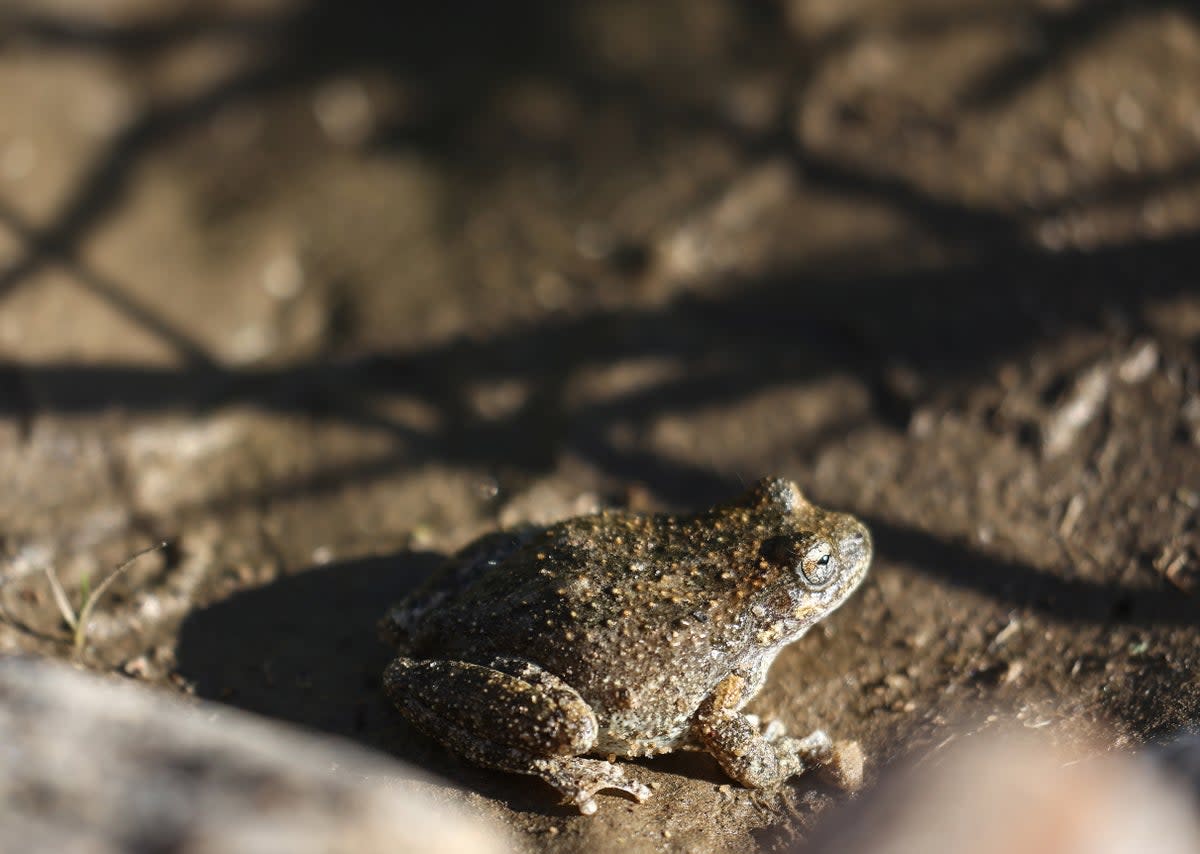Could psychedelic toads boost our brains? London scientists launch trial into substance found on amphibian's skin

You can hear this story on today’s episode of Tech & Science Daily here.
Scientists have dosed the first participant in a London trial investigating the effects of a psychedelic substance found in toads on the human brain.
The substance, called 5-MeO-DMT, is produced by the Sonoran Desert Toad and causes powerful hallucinations, euphoria and disassociation.
The toads are found in northwestern Mexico and the southwestern United States. In 2022, the US National Park Service warned people to stop licking the back of the toad to induce a psychedelic trip, as the amphibian's skin contains poisonous toxins.
Biopharmaceutical firm Beckley Psytech have created a synthetic version of 5-MeO-DMT, named BPL-003, as part of a trial looking into the drug’s impact on the brain.
The trial, which is taking place at Imperial College London, will see up to 20 healthy volunteers given a placebo and a 12mg dose of BPL-003 on separate occasions over 1 month. They will also undergo brain scans to measure electrical activity in the brain.
Researchers hope to understand better how psychedelics create “mystical experiences” and whether these could have a potential therapeutic benefit.
Initial results from the trial are expected in 2026.
Dr. Christopher Timmermann, head of the DMT Research Group at the Centre for Psychedelic Research at Imperial College London, said: “This study will be the first assessing the effects of 5-MeO-DMT in the human brain and may provide significant advancements in our understanding of consciousness.
“5-MeO-DMT is a psychedelic which appears to be particularly effective at inducing states of ego-dissolution and may help us to better understand the relationship between experience, the sense of self, and the brain.”
Beckley Psytech are also running two separate trials investigating whether psychedelic drugs could be used as a treatment for mental illnesses such as alcohol addiction and treatment-resistant depression.
Scientists believe that psychedelics could help to trigger positive biological changes in the brain by helping cells to reorganise their structure and become more connected. This can help patients to feel more connected to their own identity, or their family and friends.
Tommaso Barba, a PhD student coordinating the study, also said: “5-MeO-DMT is among the most potent psychedelics, but its effects on the brain are still not well understood. Our research is poised to deliver substantial advancements in our comprehension of these compounds and we hope it will bring further advancements on the link between psychedelics and the dissolution of our usual sense of self.”


